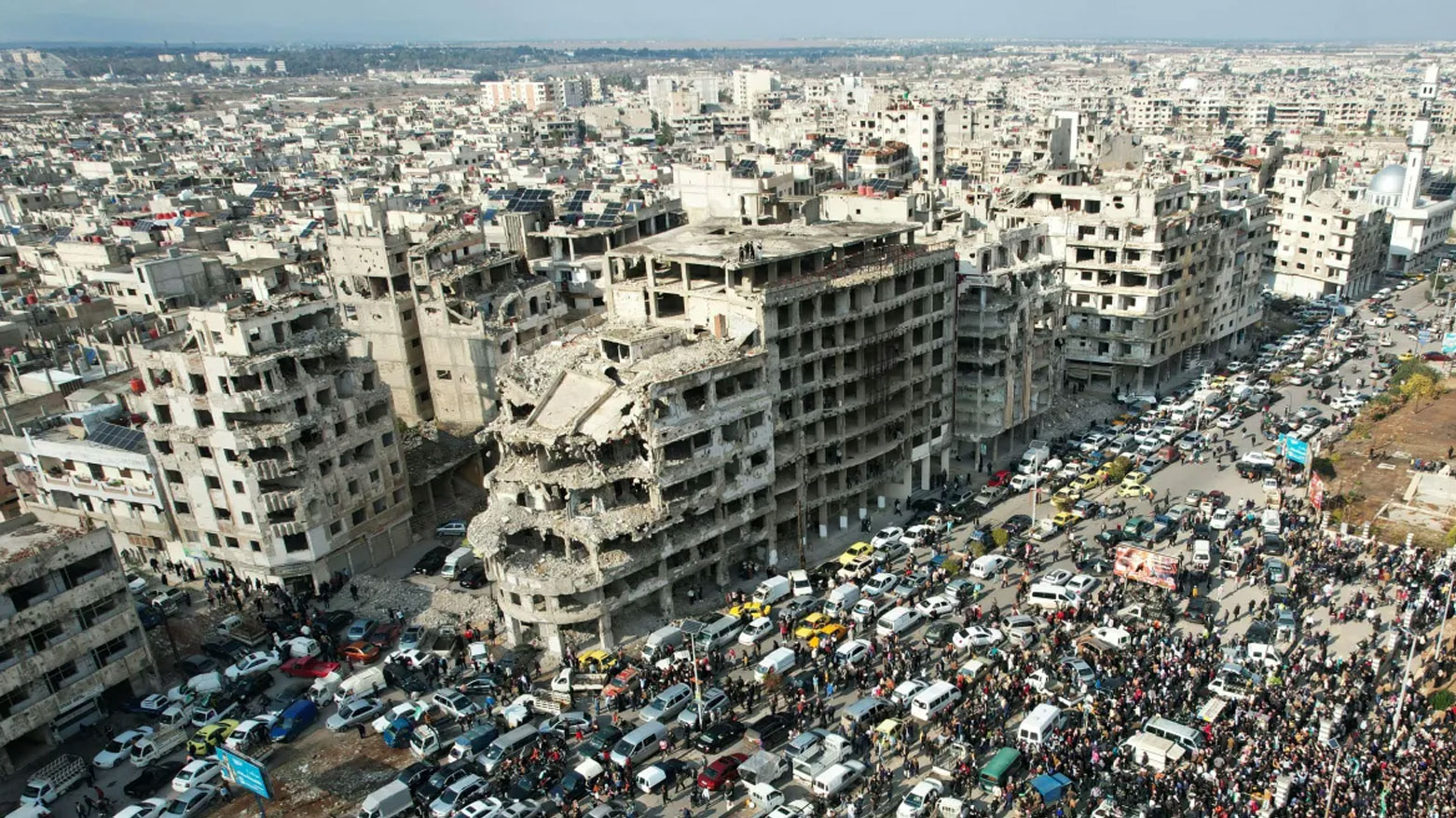UN Official: Rebuilding Syria Key to Regional Stability
UNDP Syria Representative Rokhi Afghani stated that Syria's reconstruction is essential for regional stability, with over 3 million displaced people returning despite immense infrastructure pressures. The World Bank estimates rebuilding costs at $216 billion.

ERBIL (Kurdistan24) – After fourteen years of devastating conflict, the reconstruction of Syria has become an essential step toward ensuring stability in both the country and the wider region, according to Rokhi Afghani, the Resident Representative of the United Nations Development Program (UNDP) in Syria.
Speaking to Agence France-Presse (AFP) during his visit to Geneva this week, Afghani emphasized that “the international community must urgently accelerate the reconstruction of Syria.”
He explained that helping Syria recover from years of destruction is not only crucial for its people but also for the stability and prosperity of the entire Middle East.
Reconstruction poses one of the most significant challenges facing the new Syrian authorities, who assumed power in Damascus last December, ending more than five decades of Assad family rule and a brutal civil war that engulfed the country since 2011.
The conflict, which began with a violent crackdown by former President Bashar al-Assad on opposition protests, has left over half a million people dead and vast areas of infrastructure destroyed.
The World Bank this week estimated that the cost of rebuilding Syria could reach $216 billion, though Afghani said he could not provide an exact figure, describing the country’s needs as “immense.”
He noted that local officials across Syria continue to report urgent needs in housing, schools, healthcare centers, water, and electricity. Furthermore, the large quantities of unexploded ordnance scattered nationwide complicate efforts to clear debris and rebuild cities.
Since the fall of the Assad regime, more than one million refugees have returned to Syria from abroad, along with another two million internally displaced people who have gone back to their hometowns, according to UN data.
While these returns mark a positive sign, Afghani warned that the “immense pressure on infrastructure” — including transportation, education, and bakeries — could lead to social tensions.
He added that fragile infrastructure and limited employment opportunities remain key obstacles preventing many Syrians abroad from returning, particularly those living in Europe.
“We expected the pace of returns to be higher,” Afghani said, explaining that most returnees had been living in difficult conditions in Lebanon and Jordan.
The UN official expressed hope that accelerating reconstruction could foster lasting stability and encourage skilled Syrians in Europe to return and contribute to rebuilding their country.
“These are highly qualified individuals who can play a crucial role in rebuilding Syria,” Afghani noted, stressing that their return would have a significant economic and social impact not only on Syria but also on the broader region.